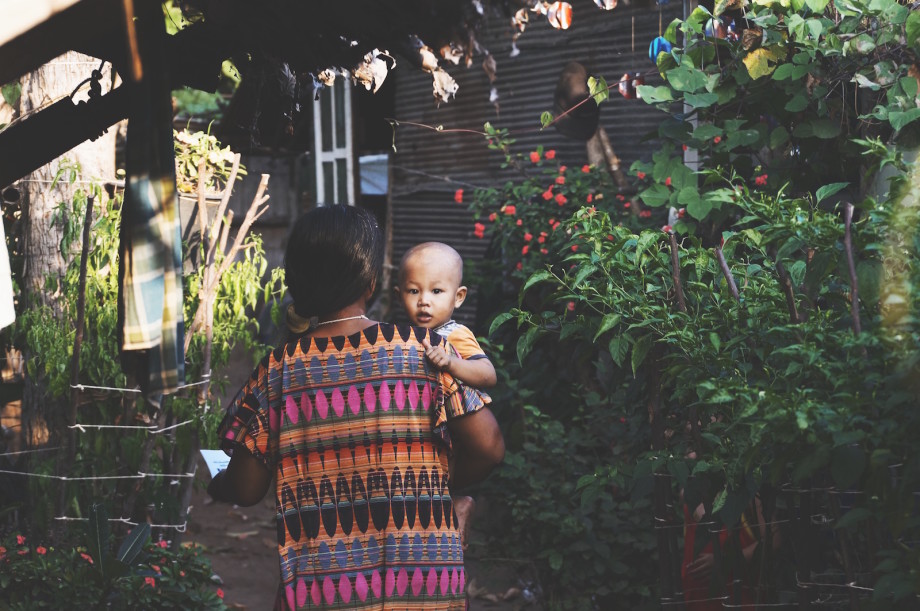“Why haven’t you shaved your baby’s head yet?” our local friend Fatima demanded when we took our baby Samuel to visit her. “You should, or else his hair won’t grow well.”
My wife and I came to the field as a couple with no children. Visits to our friends seemed simple back then.
But that changed when Samuel came along.
All our friends wanted us to visit so they could see him. We were insecure new parents, and we had no idea that each visit with locals would be so stress inducing.
Visits to our friends seemed simple before we had kids.
“Why don’t you have enough clothes on him?” they would ask. “You should dress him more warmly. Why does he need to nap? Why isn’t he going to sleep? Why is he crying? Here, give him this to drink. Why not? Well, then give him this biscuit to eat. No? What do you give him to eat? Oh, you shouldn’t give him that; you should give him this. No, you shouldn’t tell him not to do that; just let him do what he wants.”
Each visit seemed to bring out the worst behavior in Samuel, probably because his poor parents were so stressed out! We started to think that making visits as a whole family was the last thing we wanted to do.
But our friends kept inviting us, and they always wanted our whole family to come. If I showed up without my wife and baby, the first question was, “Where are they?” Then, “Why didn’t they come with you?”
Making visits as a whole family was the last thing we wanted to do. But God had different ideas.
Besides our friends’ continued insistence, the main reason we kept visiting as a whole family was our conviction that God wants us to reach whole families. Seeing Muslim communities transformed by the Gospel must involve families and their extended networks—not just focus on winning individuals to Christ.
In this culture, individuals do not make major life decisions apart from their communities.
When our second child, Adrianna, was born, we faced the same line of questions and cultural differences in parenting. But this time, we were a little more prepared. We kept visiting, kept learning, and kept preparing our kids (and ourselves) for what to expect.
It’s been seven years since beginning this cross-cultural parenting journey. Making visits as a family is much more natural and enjoyable than it once was. We delight in watching how Samantha, our youngest child, has become everyone’s favorite little baby—gladly held by anyone, rarely fussy, and full of twinkling eyes and dimpled smiles. We relax and enjoy watching our friends love our children. And their questioning doesn’t bother us like it once did.
In the process, we’ve learned some things about parenting on the field:
Perseverance: Even when it was hard, we kept visiting our Muslim friends. These frequent experiences helped us and our children learn what to expect. Sitting on the floor, drinking sweet tea, and eating snacks or meals became normal for them. Adrianna especially likes when we go for a meal because she knows she’ll get to eat with her hands!
Preparation: Before going on a visit, we role-play greetings with our children and let them know that they’re going to be hugged, kissed, and pinched. Before heading out, we pray together for the family we’re about to visit.
Language: Our children see us speaking the local language, and now they find it normal to also want to communicate in the language. They are very determined learners, and our local friends greatly appreciate this.
Pray for us and our children as we share the love of Jesus Christ with our friends and their families with.
Third-culture kids (children living outside their parents’ passport countries) are involved in sharing the Gospel.
Click the button below to read how Emily, a third-culture kid, is reaching Muslims in her neighborhood.
**This account comes from a long-term worker. Names and places have been changed for security.**
Original article: FrontiersUSA.org/blog/article/3-things-weve-learned-while-parenting-on-the-field

